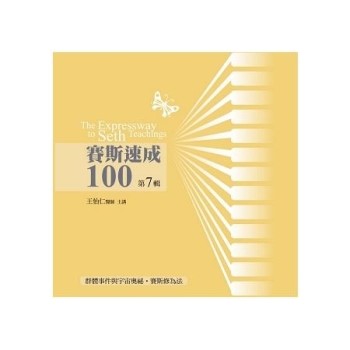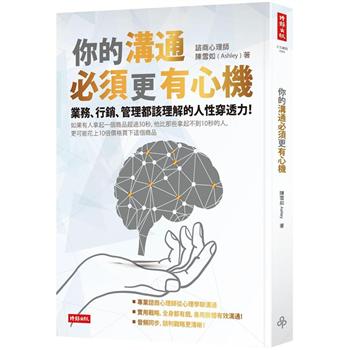This volume focuses on the collective wisdom of Asian philosophies and their implications for music education. All twenty chapters are written by highly regarded philosophers and music educators steeped in various Asian traditions. These chapters will include an explanation of a prominent philosophical tradition, evidence in a contemporary music teaching and learning settings (including its inception and historical development along with an explanation of how the philosophical tradition works in contemporary music education), and suggestions for potential directions in the near and distant future.
The book is organized into five sections. Section I is based on Chinese philosophical traditions, which have the longest history and are some of the most influential across Asia and beyond. Chapters in Section II present a snapshot of Japanese and Korean views, beginning with the musical practices in the Joseon Period (1392-1910) that are still being practiced in South Korea today to Western influences in 19th century Japan. A collection of philosophical traditions from South and Southeast Asia are contained in Section III, ranging from the insights of King Bhumibol Adulyadej, King Rama IX of Thailand, an accomplished jazz musician, to the Balinese notion of taksu, a form of supreme energy and divine power crucial for compelling performances in the performing arts. We venture into the Islamic and the Middle Eastern world in Section IV, where the dance practices of the Hadhrami Arabs in the Malay Archipelago to traditional sharah music are contextualized within Islamic philosophy. This section also describes the philosophical ideas of the 12th-century Persian philosopher and founder of the Illuminationist (Ishraq) philosophy, Shihab al-Din al-Suhrawardi, arguing that his ideas have much to recommend music education, as this approach requires students to listen in deeper ways, absorb more abundantly, and move beyond arts education to encompass the education of the whole person. Section V concludes with a metaphorical view on a New Silk Road in music education in the 21st century, where ideas are traded for mutual benefit and the development multicultural philosophies of music education. While there are numerous publications on the philosophy of music education rooted in the Western philosophical traditions of ancient Greece, the Asian philosophical voice is virtually silent outside of Asia, and this volume aims to begin the long process of redressing this imbalance. This volume will open readers to the richness of Asian philosophical sources and hopefully stimulate dialogues that could generate new insights and directions for further development, cross-pollination, and application of some of the world’s earliest philosophical traditions.| FindBook |
有 1 項符合
The Oxford Handbook of Asian Philosophies in Music Education的圖書 |
 |
The Oxford Handbook of Asian Philosophies in Music Education 出版社:Oxford University Press, USA 出版日期:2024-07-30 語言:英文 規格:精裝 / 392頁 / 普通級/ 初版 |
| 圖書館借閱 |
| 國家圖書館 | 全國圖書書目資訊網 | 國立公共資訊圖書館 | 電子書服務平台 | MetaCat 跨館整合查詢 |
| 臺北市立圖書館 | 新北市立圖書館 | 基隆市公共圖書館 | 桃園市立圖書館 | 新竹縣公共圖書館 |
| 苗栗縣立圖書館 | 臺中市立圖書館 | 彰化縣公共圖書館 | 南投縣文化局 | 雲林縣公共圖書館 |
| 嘉義縣圖書館 | 臺南市立圖書館 | 高雄市立圖書館 | 屏東縣公共圖書館 | 宜蘭縣公共圖書館 |
| 花蓮縣文化局 | 臺東縣文化處 |
|
|
圖書介紹 - 資料來源:博客來 評分:
圖書名稱:The Oxford Handbook of Asian Philosophies in Music Education
內容簡介
作者簡介
C. Victor Fung is Professor of Music Education at the University of South Florida. He is author of A Way of Music Education (2018), co-author of Music for Life (2016) and Music, Senior Centers, and Quality of Life (2023), and co-editor of Meanings of Music Participation (2023), and he has written various book chapters and journal articles. He was a Fulbright Researcher in Japan and a board member for the College Music Society, Florida Music Education Association, and International Society for Music Education.
|











